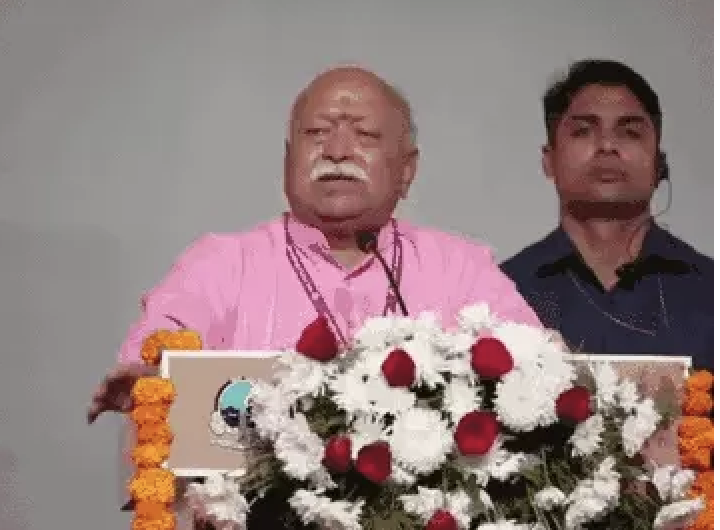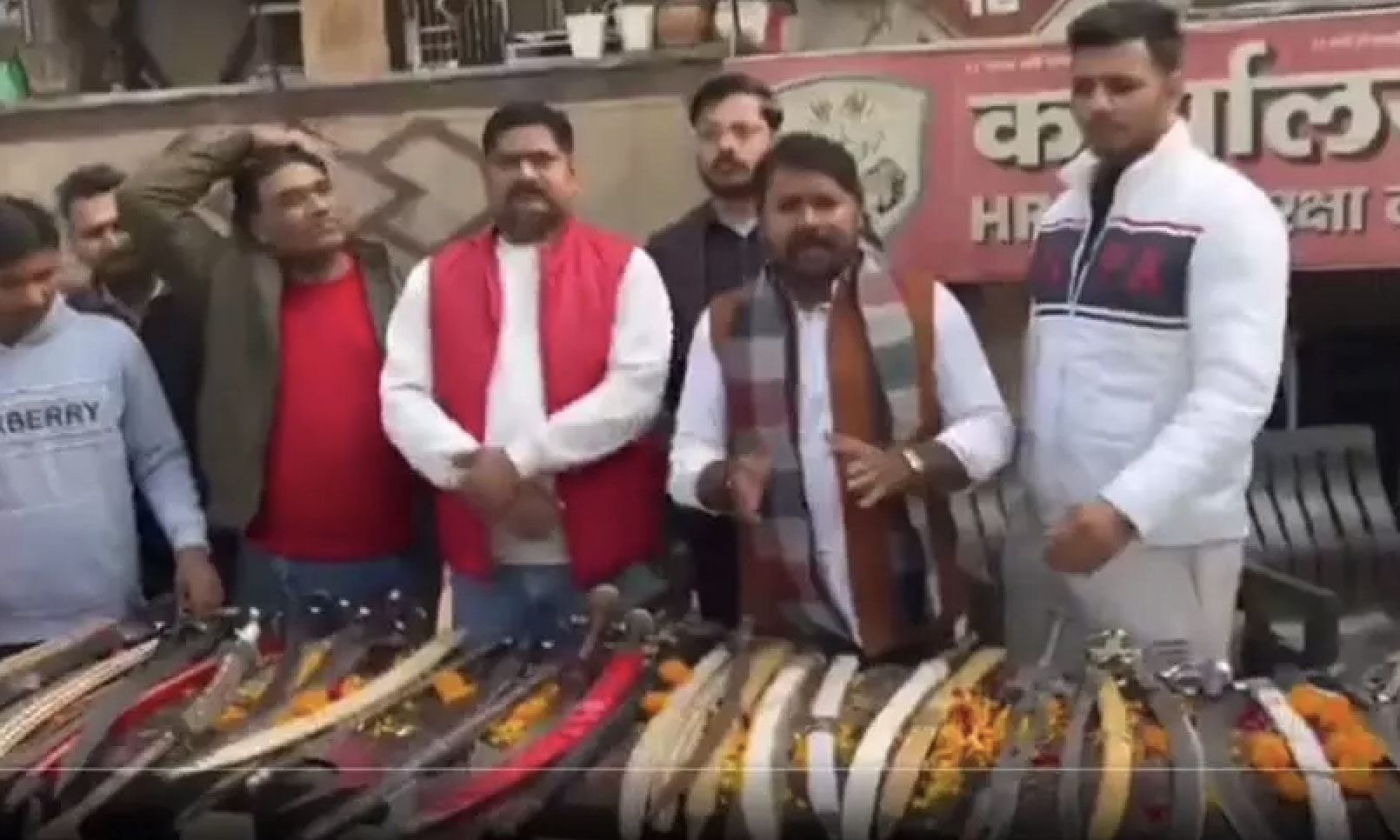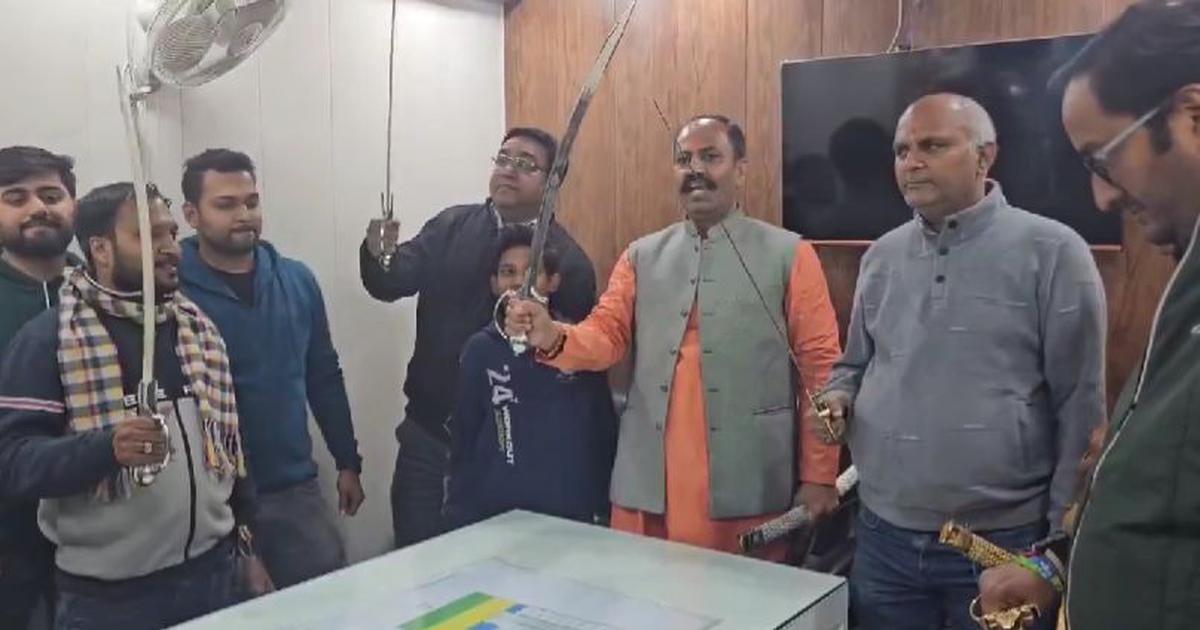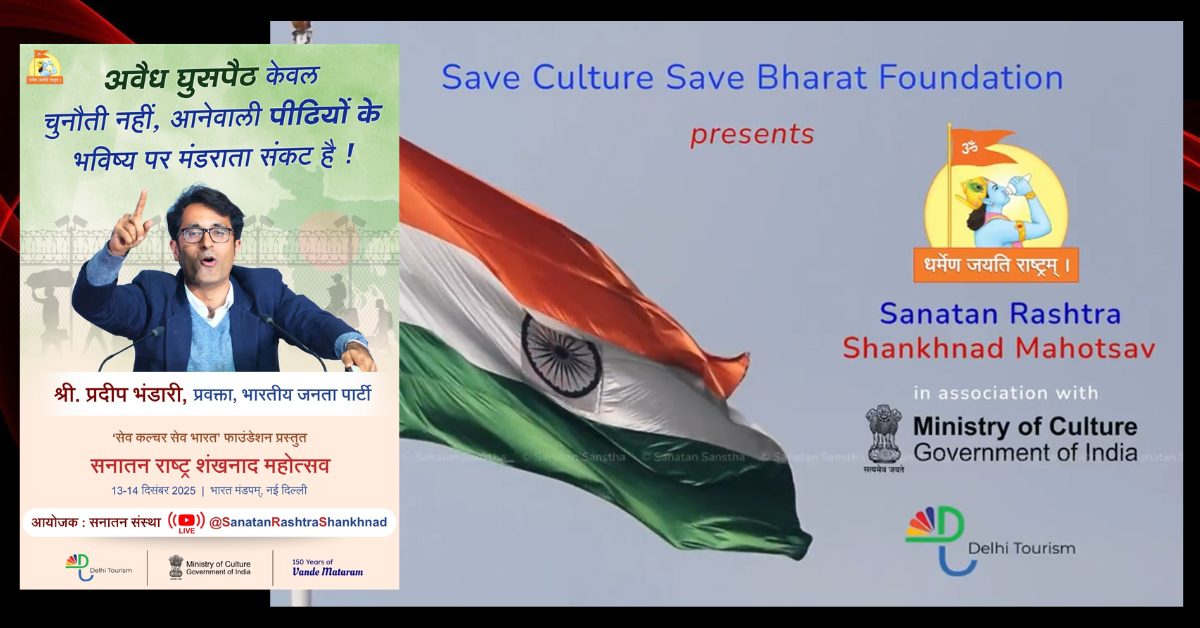Political advertisements and posts contain anti-Muslim hate speech, Hindu nationalist narratives, and misogynistic posts.
By David Klepper and Krutika Pathi
Bollywood stars seldom weigh in on politics, so videos showing two celebrities criticizing Indian Prime Minister Narendra Modi — and endorsing his main opposition, the Congress party — were bound to go viral.
But the clips of A-list actors Aamir Khan and Ranveer Singh were fake, AI-generated videos that were yet another example of the false or misleading claims swirling online with the goal of influencing India’s election. Both actors filed complaints with police but such actions do little to stanch the flow of such misinformation.
Claims circulating online in India recently have misstated details about casting a ballot, claimed without evidence that the election will be rigged, and called for violence against India’s Muslims.
Researchers who track misinformation and hate speech in India say tech companies’ poor enforcement of their own policies has created perfect conditions for harmful content that could distort public opinion, spur violence, and leave millions of voters wondering what to believe.
“A non-discerning user or regular user has no idea whether it’s someone, an individual sharing his or her thoughts on the other end, or is it a bot?” Rekha Singh, a 49-year-old voter, told The Associated Press. Singh said she worries that social media algorithms distort voters’ view of reality. “So you are biased without even realizing it,” she said.
This story was originally published in thediplomat.com. Read the full story here.






